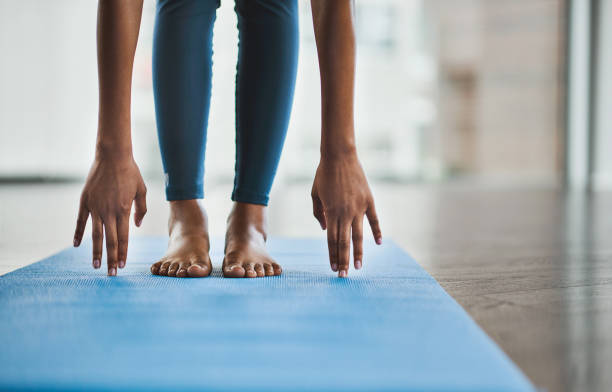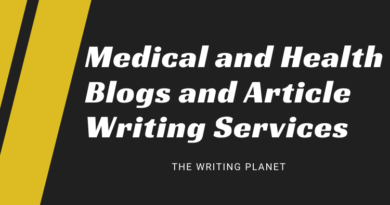Meditation And Mindfulness Practices
As we navigate the complexities of modern-day living, we are constantly exposed to a plethora of distractions that can leave us feeling overwhelmed, anxious, and stressed. With the rise of technology and social media, our minds have become increasingly cluttered, making it challenging to find inner peace and balance. This is where meditation and mindfulness practices can be incredibly beneficial. In this comprehensive guide, we will explore the benefits of meditation and mindfulness, how to get started, and tips for incorporating these practices into your daily routine.
What is Meditation?
Meditation is an ancient practice that has been used for thousands of years to calm the mind, reduce stress, and increase inner peace. Meditation involves focusing your attention on a specific object, thought, or activity to achieve a state of mental clarity and relaxation. There are many different types of meditation, including mindfulness meditation, loving-kindness meditation, and transcendental meditation.
Benefits of Meditation
Research has shown that regular meditation practice can have a profound impact on both physical and mental health. Here are just a few of the many benefits of meditation:
- Reduces stress and anxiety
- Improves focus and concentration
- Boosts immunity
- Lowers blood pressure
- Enhances emotional well-being
- Improves sleep
- Reduces symptoms of depression
- Increases feelings of compassion and empathy
How to Meditate
If you are new to meditation, it can seem intimidating at first. However, with practice and patience, anyone can learn to meditate. Here are some steps to get started:
- Find a quiet space where you can sit comfortably without distractions.
- Sit in a comfortable position with your back straight, either in a chair or on the floor.
- Choose a focal point for your meditation, such as your breath, a mantra, or a visual object.
- Close your eyes and focus on your chosen focal point.
- When your mind wanders, gently bring your focus back to your chosen focal point.
- Practice for 5-10 minutes at first, gradually increasing your practice time over time.
Tips for Incorporating Meditation into Your Daily Routine
To reap the full benefits of meditation, it’s essential to make it a regular part of your daily routine. Here are some tips for incorporating meditation into your daily life:
- Set a specific time each day for meditation.
- Start with just a few minutes each day and gradually increase your practice time.
- Find a meditation buddy or join a meditation group for support and accountability.
- Experiment with different types of meditation to find what works best for you.
What is Mindfulness?
Mindfulness is a form of meditation that involves paying attention to the present moment without judgment. Mindfulness involves being fully present and aware of your thoughts, feelings, and surroundings, without getting caught up in them. Mindfulness can be practiced during everyday activities such as eating, walking, or doing chores.
Benefits of Mindfulness
Like meditation, research has shown that practicing mindfulness can have a significant impact on physical and mental health. Here are some of the many benefits of mindfulness:
- Reduces stress and anxiety
- Improves focus and concentration
- Enhances emotional well-being
- Improves sleep
- Reduces symptoms of depression
- Increases feelings of compassion and empathy
How to Practice Mindfulness
Here are some steps to practice mindfulness:
- Choose an activity that you do every day, such as brushing your teeth or taking a shower, and practice mindfulness while doing it.
- Take a few minutes each day to sit quietly and practice mindfulness meditation.
- Practice mindful breathing by taking deep breaths and focusing your attention on the sensation of the breath moving in and out of your body.
- Use a mindfulness app or guided meditation to help you get started.
Incorporating meditation and mindfulness practices into your daily routine can be incredibly beneficial for your physical, mental, and emotional health. It may take some time and practice to develop a regular meditation practice, but with patience and persistence, you can experience the many benefits of these practices.
If you’re looking to take your mindfulness practice to the next level, consider attending a mindfulness retreat or workshop. These immersive experiences provide an opportunity to deepen your practice and connect with like-minded individuals.
In conclusion, meditation and mindfulness practices are powerful tools for reducing stress, improving focus, and enhancing overall well-being. By incorporating these practices into your daily routine, you can experience profound benefits for your physical, mental, and emotional health. Remember, it takes time and practice to develop a regular practice, so be patient with yourself and enjoy the journey towards greater inner peace and balance.



